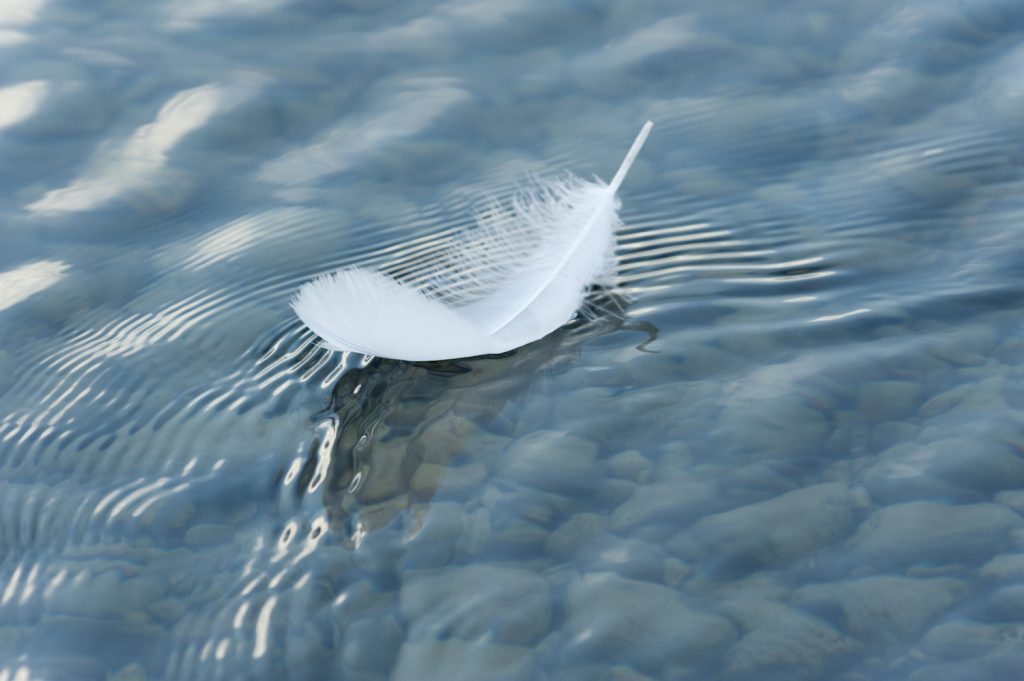Matrilines


If you missed the introduction to “Matrilines,” you can find it here.
Abigail Chabitnoy is the author of In the Current Where Drowning Is Beautiful (forthcoming, Wesleyan 2022); How to Dress a Fish, shortlisted for the 2020 International Griffin Prize for Poetry and winner of the 2020 Colorado Book Award; and the linocut illustrated chapbook Converging Lines of Light. She currently teaches at the Institute of American Indian Arts low-residency MFA program and is an assistant professor at the University of Massachusetts, Amherst. Chabitnoy is a member of the Tangirnaq Native Village in Kodiak, Alaska. She has an MFA in poetry and a B.A. in English and anthropology.
You may republish this article, either online and/or in print, under the Creative Commons CC BY-ND 4.0 license. We ask that you follow these simple guidelines to comply with the requirements of the license.
In short, you may not make edits beyond minor stylistic changes, and you must credit the author and note that the article was originally published on SAPIENS.
Accompanying photos are not included in any republishing agreement; requests to republish photos must be made directly to the copyright holder.
We’re glad you enjoyed the article! Want to republish it?
This article is currently copyrighted to SAPIENS and the author. But, we love to spread anthropology around the internet and beyond. Please send your republication request via email to editor•sapiens.org.
Accompanying photos are not included in any republishing agreement; requests to republish photos must be made directly to the copyright holder.